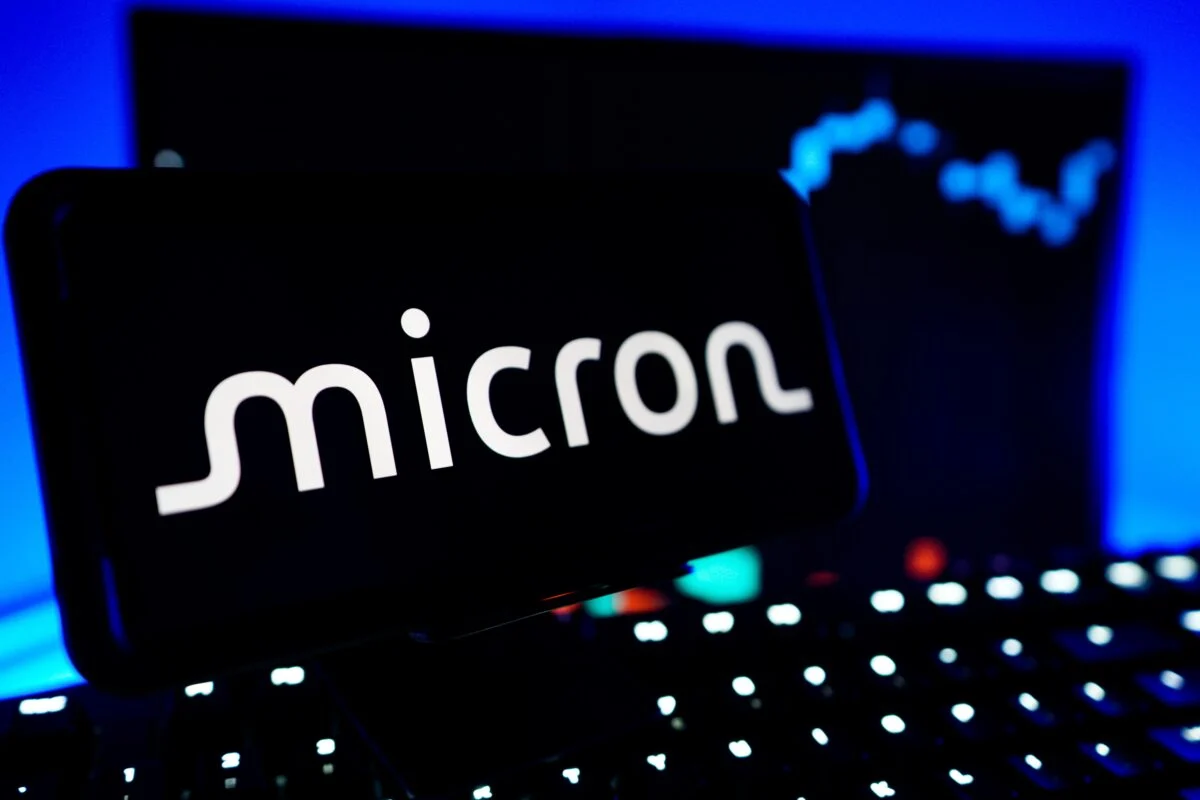TLDR
- Micron Technology will stop supplying server chips to data centers in China following a 2023 government ban on its products in critical infrastructure
- The company will continue selling to two Chinese customers with data center operations outside China, including Lenovo
- Micron will maintain sales to Chinese auto and mobile phone sectors, with China representing 12% of total revenue
- The ban has allowed rivals Samsung Electronics and SK Hynix to capture market share in China’s expanding data center sector
- Micron’s China data center team employs over 300 people, though the number of affected jobs remains unclear
Micron Technology will exit the server chip business in China after failing to recover from a 2023 government ban. The decision marks a turning point for the U.S. chipmaker in the world’s second-largest economy.
The ban targeted Micron products used in critical Chinese infrastructure. Beijing imposed the restrictions in what observers viewed as retaliation for U.S. export controls on semiconductor technology. Micron became the first American chipmaker to face such regulatory action from Chinese authorities.
The company generated $3.4 billion from mainland China in its last fiscal year. This represented 12% of Micron’s total revenue. Despite the exit from data centers, the company will maintain operations in other sectors.
Micron plans to continue selling chips to two Chinese customers with data center operations outside China. One of these customers is laptop manufacturer Lenovo. The company will also keep supplying chips to China’s automotive and mobile phone industries.
Market Share Shifts to Asian Competitors
The ban created opportunities for Micron’s competitors in China’s growing data center market. Samsung Electronics and SK Hynix have gained ground in the region. Chinese companies YMTC and CXMT have expanded aggressively with government support.
Investment in Chinese data centers used for computing surged ninefold last year. Government procurement documents show spending reached 24.7 billion yuan, equivalent to $3.4 billion. Micron was absent from this expansion.
China’s data center boom has been driven by artificial intelligence development and digital infrastructure needs. Server chips are critical components for running advanced AI programs. The country has pursued a strategy of self-reliance across the AI technology stack.
Other U.S. chipmakers have faced scrutiny in China. Nvidia and Intel chips have been accused by Chinese authorities of posing security risks. However, no formal regulatory actions have been taken against these companies yet.
Business Impact and Future Operations
Micron’s data center team in China employs more than 300 people. The company has not disclosed how many positions might be affected by the exit. The firm has already reduced staff in other areas within China.
In August, Micron laid off several hundred employees from its universal flash storage program. This followed a decision to stop developing future mobile NAND products globally. The company continues expanding its chip packaging facility in Xian.
Despite challenges in China, Micron reported record quarterly revenue. Strong demand for data centers and AI-related tools in other markets has offset losses from the Chinese ban. The global adoption of artificial intelligence has driven unprecedented demand for server and memory chips.
Micron stated it maintains a strong presence in China and considers the country an important market. The company said it abides by applicable regulations in all locations where it conducts business. Micron also reaffirmed the security of its products when China’s probe concluded in 2023.






